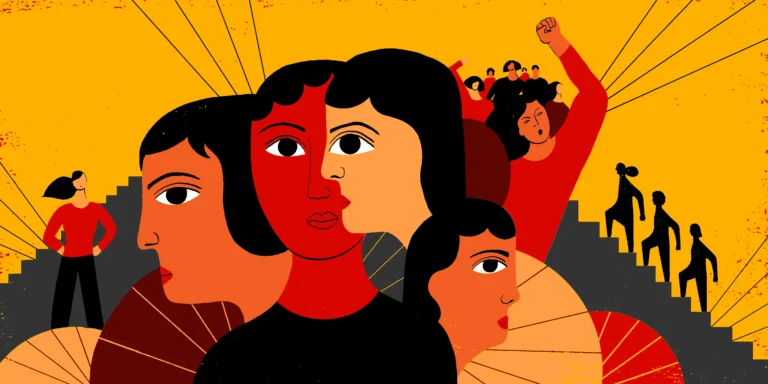Within just a few hours, a poster urging the Senegalese government to address the surge in rapes and homicides has gone viral on X (formerly Twitter).
By Abdourahmane Diallo
A virtual yet resounding outcry is shaking Senegal’s social media landscape. An image created by a Senegalese user and shared on their X account became a viral sensation within hours, rallying many users to combat recurring sexual assaults and violence against young girls.
The powerful poster, adorned with the colours of Senegal’s flag, features an outstretched hand bearing the green star, a symbol of protection, next to a frightened young girl.
Its message is unequivocal: “Protect our children.” A call-to-action demands attention from authorities and citizens alike: “Hey, you! Do something!”
This wave of mobilisation follows a tragedy that shocked the nation: the rape and murder of a 12-year-old girl, a crime adding to a series of similar acts of violence.
The text accompanying the image encourages collective action: “Perhaps you don’t have the words to express how you feel. Use this as your banner image for 7 days to demand the government take action and protect our children!”
Within hours, thousands of internet users adopted the image as their banner or shared it on their profiles, transforming an individual plea into a full-fledged digital civic movement.
Numerous messages of outrage and solidarity have proliferated under the hashtag #ProtectOurChildren, echoing an urgent call to the Senegalese government.
“Sexual violence cases are treated like trivial news in this country. Everyone talks about them for three days at most. The major media are silent, the authorities are silent, and the ‘big organizations’ only react briefly… How many girls/women face threats every day?” asks Alassane.
Senegalese internet users are calling for concrete measures: implementing prevention policies, strengthening education on children’s and women’s rights, and imposing harsher penalties for sexual crimes.
“Beyond protecting children, we also demand the protection of girls and women in this country. We don’t want political rhetoric from the government but concrete steps to end these atrocities,” urges Diéyna Diémé on X.
“Tougher laws are crucial but insufficient. Breaking taboos around sexuality and educating men about respect, consent, and equality is essential. Comprehensive sex education, combined with strict laws, will go further,” writes another X user, @RuptureAct24.
ARD/sf/ac/lb/as/APA


